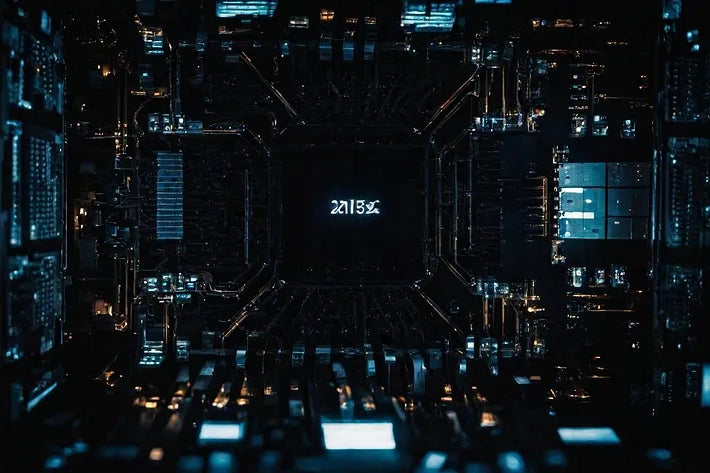Simulation has emerged as a pivotal tool for evaluating and validating various real-world scenarios. Additionally, it has witnessed remarkable advancements, thanks in part to cutting-edge generative AI developments. A prime example of this evolution is Wayve’s groundbreaking work with their 9B parameter model, GIAA1. This massive model has pushed the boundaries of what was previously deemed possible in simulation technologies. It has opened up new avenues for exploring intricate, real-world scenarios in safe, virtual environments, albeit with its own limitations. Furthermore, Waabi’s recent announcement about their generative AI-powered simulation underscores the immense potential of merging generative AI with traditional simulation methodologies, thereby setting a new standard in the field. Such foundational AI models are crafted for real-world interactions, capable of learning, generalizing, and offering interpretability. Drawing a parallel to ChatGPT, an intriguing question that arises is how prompt engineering will be applied to such models. The paper provided in the link below sheds light on this topic, discussing the transition from keyword-based scenario descriptions to those tailor-made for simulations. This blog post delves deep into the nuanced details, the potential, and the constraints of the presented approach.
A Seamless Transition to Simulation
Researchers have ingeniously designed an approach to transform a keyword-based scenario description right into simulation-ready formats. Here’s how it’s done:
- Initially, the keyword-based scenario is converted into a parameter space representation. This allows for a systematic interpretation of scenarios based on parameters and variables.
- Subsequently, this parameter representation is transformed into two dominant data formats: OpenDRIVE and OpenSCENARIO. These formats are widely recognized and employed for standard simulation processes.
Read More


Share:
Navigating the Road to Autonomous Driving: MATT3R Paves the Way Part 1: The Essential Role of Real-world Scenarios